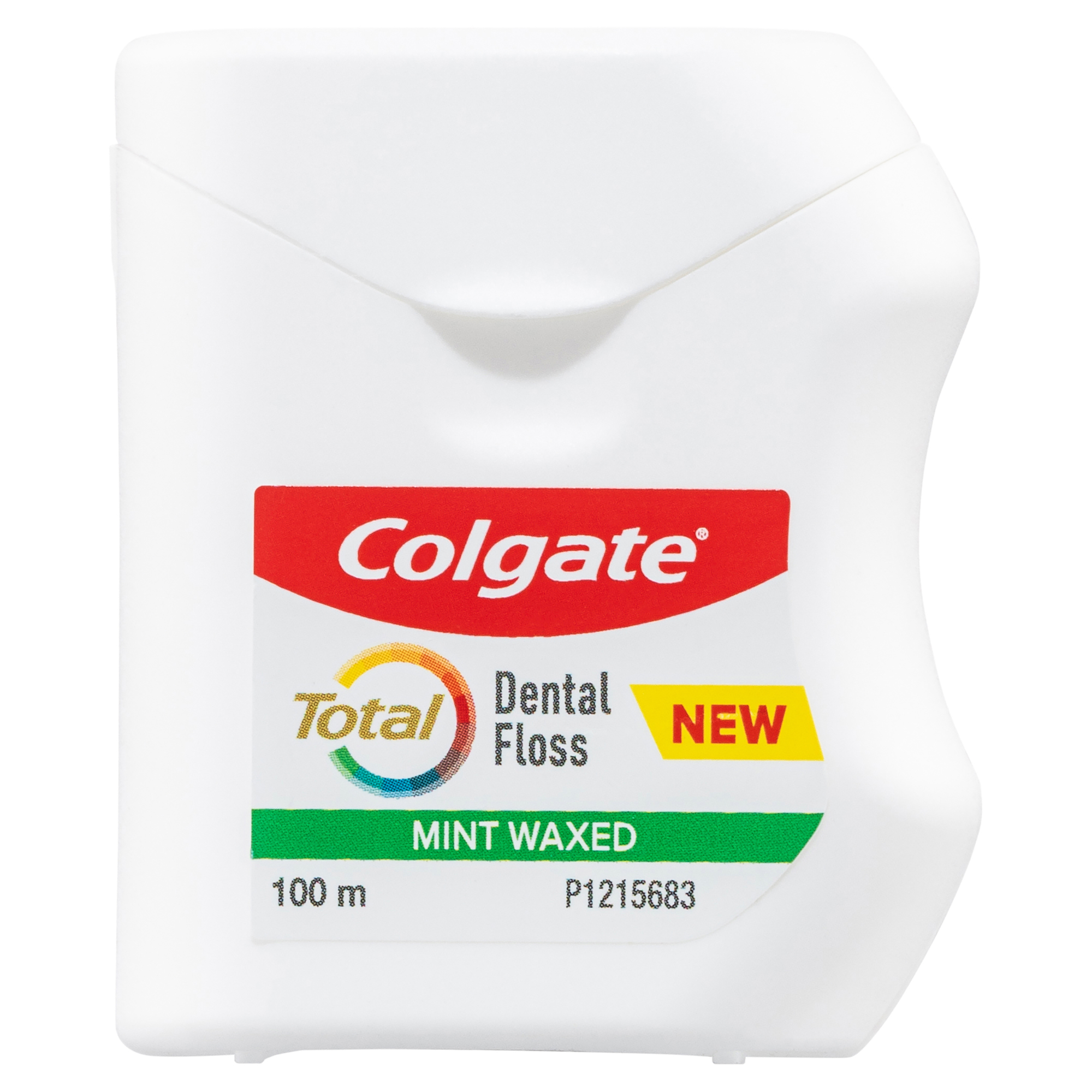Periodontal disease is an infection of the gums, ligaments and bone surrounding your teeth.
The early stage of periodontal disease is called gingivitis, when the infection is found only in your gums. The gums will become inflamed, and you might notice redness, swelling, soreness and bleeding. If not treated, gingivitis can develop into periodontitis, the advanced stage of gum disease.
What causes periodontal disease?
Gum disease is caused by a build-up of plaque, a sticky substance full of bacteria that accumulates at the gum line and releases inflammatory toxins. This often happens due to poor oral hygiene. If not removed, plaque bacteria can spread below the gum line and infect the tissues and bone that hold your teeth in place.
As this happens, the gums begin to pull away from the teeth, forming periodontal pockets (or spaces between the gums and teeth). These pockets are hard to clean and can trap plaque, bacteria, food and other materials, causing inflammation to worsen. As the connective tissue and bone are destroyed, the teeth will start to become loose and may eventually fall out or need to be removed.
How to prevent gum disease
Gingivitis is reversible but periodontitis is not, so a good oral hygiene routine is essential for preventing irreversible damage.
Brushing twice daily with a fluoride toothpaste will help by removing plaque from your teeth and preventing it from building up around your gum line. Using dental floss, interdental brushes or water flossers at least once a day can also help to remove plaque from between teeth. You should also visit your dental professional every six months for a professional cleaning to remove harder-to-reach plaque and tartar (calcified/hardened plaque). If you already have periodontal disease, your dental professional or periodontist may recommend more frequent visits and may want to try a more advanced treatment plan.
It's also important to be aware of the following factors that can put you at risk for gum disease:
- Genetics (if a close relative has periodontitis, you may be at higher risk).
- Crooked or crowded teeth, braces and bridges.
- Grinding, gritting or clenching teeth.
- Tobacco use.
- Certain medications.
- Some illnesses or diseases.
- Malnutrition or a diet high in sugar.
- Stress.
- Hormonal problems.
Symptoms of periodontal disease
Symptoms can vary depending on how advanced your periodontal disease is, ranging from no symptoms in the beginning stages to significant pain later on. Other warning signs of periodontal disease include:
- Red, swollen, tender or bleeding gums.
- Gums receding or pulling away from the teeth.
- Abnormal tooth sensitivity, especially around the gum line.
- Loose teeth or painful chewing.
- Bad breath or a bad taste in the mouth.
If you recognise any of these symptoms, make an appointment with a dental professional for an evaluation. They will examine your gums with a periodontal probe to look for infection. They may also take new X-rays to compare with older X-rays and identify any changes to your teeth or bones. If specialist care is needed, your dental professional will refer you to a periodontist.
Periodontal disease treatment
If you are diagnosed with periodontal disease, treatments may vary depending on the severity of your case. The following are a few possible options.
- Scaling and root planing. For gingivitis or early periodontitis, non-surgical treatments may be available to restore periodontal health. Scaling is a deep cleaning technique that carefully cleans your teeth both above and below the gum line. Root planing removes plaque and tartar from the root surfaces, smoothing rough spots that trap and hold bacteria. Once the teeth are clean, the gum tissue can begin to heal and may reattach to the tooth.
- Pocket reduction surgery. A pocket reduction procedure may be an option if the periodontal pockets surrounding your teeth become so deep that they are difficult to clean with regular at-home oral hygiene or professional cleaning. During this procedure, the periodontist makes incisions in your gums to flap back the tissue, providing better access to the roots. This allows for more effective scaling, root planing and cleaning of the bacterial infection, helping the gum tissue to reattach to the teeth. Then to reudce the pocket depths the tissue may be placed back over the teeth and bone at a reduced height.
- Gum graft surgery. If periodontal disease progresses and gums begin to recede, the periodontist might recommend surgery to reshape the gums or graft new tissue to cover the exposed tooth roots in specific cases. During this surgery, the periodontist takes gum tissue — usually from the roof of your mouth — to cover the root and protect your tooth from sensitivity, decay, bone loss and further recession.
- Regenerative procedures. When periodontitis has destroyed the bone supporting your teeth, regenerative procedures may help reverse some of the damage. After the periodontist exposes the root and removes the bacteria, they may graft bone to the surrounding area of the tooth to encourage your body to regenerate the lost bone and tissue. This is only possible in specific cases.
- Extraction. In the most severe cases of periodontitis, bone loss is so advanced that the tooth cannot be saved and must be removed.
Other health implications of periodontal disease
Unfortunately, the impact of periodontal disease goes beyond your mouth, and researchers are finding more and more links between gum disease and your overall health. Some of these health problems include:
- Heart disease.Infection in your gums may increase the risk of clogged arteries and may worsen existing heart conditions.
- Stroke. Likewise, periodontal disease may increase the risk of stroke caused by blocked arteries.
- Respiratory disease. Bacteria from the mouth may spread to the lungs, causing lung infections or worsening existing lung conditions. Immunocompromised adults with gum disease may be at increased risk for severe pneumonia.
- Premature birth. Gum disease during pregnancy may increase the likelihood of delivering the baby too early and the possibility of low birth weight.
- Diabetes. Periodontal disease may make it more difficult for people with diabetes to control their blood sugar than those with healthy gums.
Don't ignore those tender or bleeding gums. The sooner periodontal disease is diagnosed and treated, the faster you can return to having a healthy smile, so book an appointment with your dental professional today.
This article is intended to promote understanding of and knowledge about general oral health topics. It is not intended to be a substitute for professional advice, diagnosis or treatment. Always seek the advice of your dentist or other qualified healthcare provider with any questions you may have regarding a medical condition or treatment.














